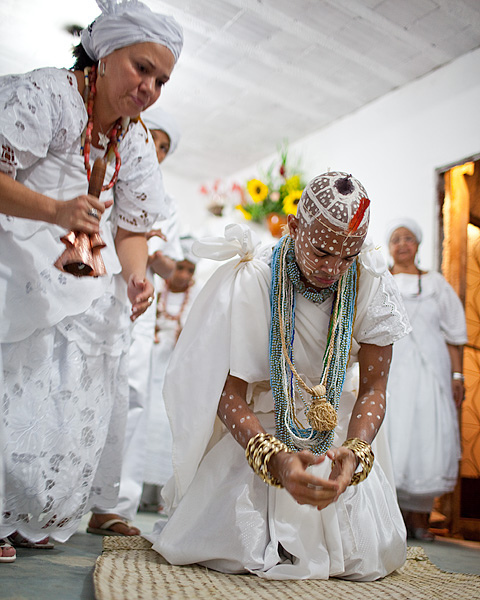
Nigeria has had a significant influence on Trinidad and Tobago, particularly in culture, religion, and heritage, due to the transatlantic slave trade and migration. Here are some key areas where Nigerian influence is evident:
1. Yoruba Influence & Orisha Religion
- Many enslaved Africans taken to Trinidad and Tobago were of Yoruba origin from present-day Nigeria.
- The Orisha religion (also called Shango Baptism) in Trinidad has roots in Yoruba spiritual traditions.
- Shango, the Yoruba god of thunder, is widely worshipped in Trinidad’s Orisha faith.
2. Music & Dance
- Calypso and Soca music have African rhythmic influences, similar to traditional Nigerian drumming.
- The steelpan, Trinidad’s national instrument, has drum patterns that resemble Nigerian Bata and Dundun drums.
- Carnival masquerade traditions in Trinidad are partly inspired by Nigerian festivals like Egungun and Eyo.
3. Language & Pidgin Influence
- Some words and phrases in Trinidadian Creole originate from Yoruba and other Nigerian languages.
- Example: The word “obeah” (referring to spiritual practices) is similar to “Obeah” in Nigeria, meaning magic or sorcery.
4. Food & Cuisine
- Dishes like callaloo, roti, and pelau have links to West African food traditions.
- The use of okra, plantains, cassava, and spicy stews reflects Nigerian culinary styles.
- Jollof rice and pelau share similarities in cooking methods and ingredients.
5. Nigerian Community in Trinidad & Tobago
- There is a growing Nigerian diaspora in Trinidad, especially in academia, business, and religious leadership.
- Nigerian movies and Nollywood culture are popular among African-descended Trinidadians.
6. Trade & Modern Relations
- Nigeria and Trinidad maintain diplomatic and economic relations, especially in energy and education.
- Nigerian professionals work in Trinidad’s oil and gas industry.
Conclusion
Nigeria’s influence on Trinidad & Tobago is deeply rooted in history, religion, music, food, and language. The connection remains strong, with cultural exchanges, business ties, and a shared African heritage.